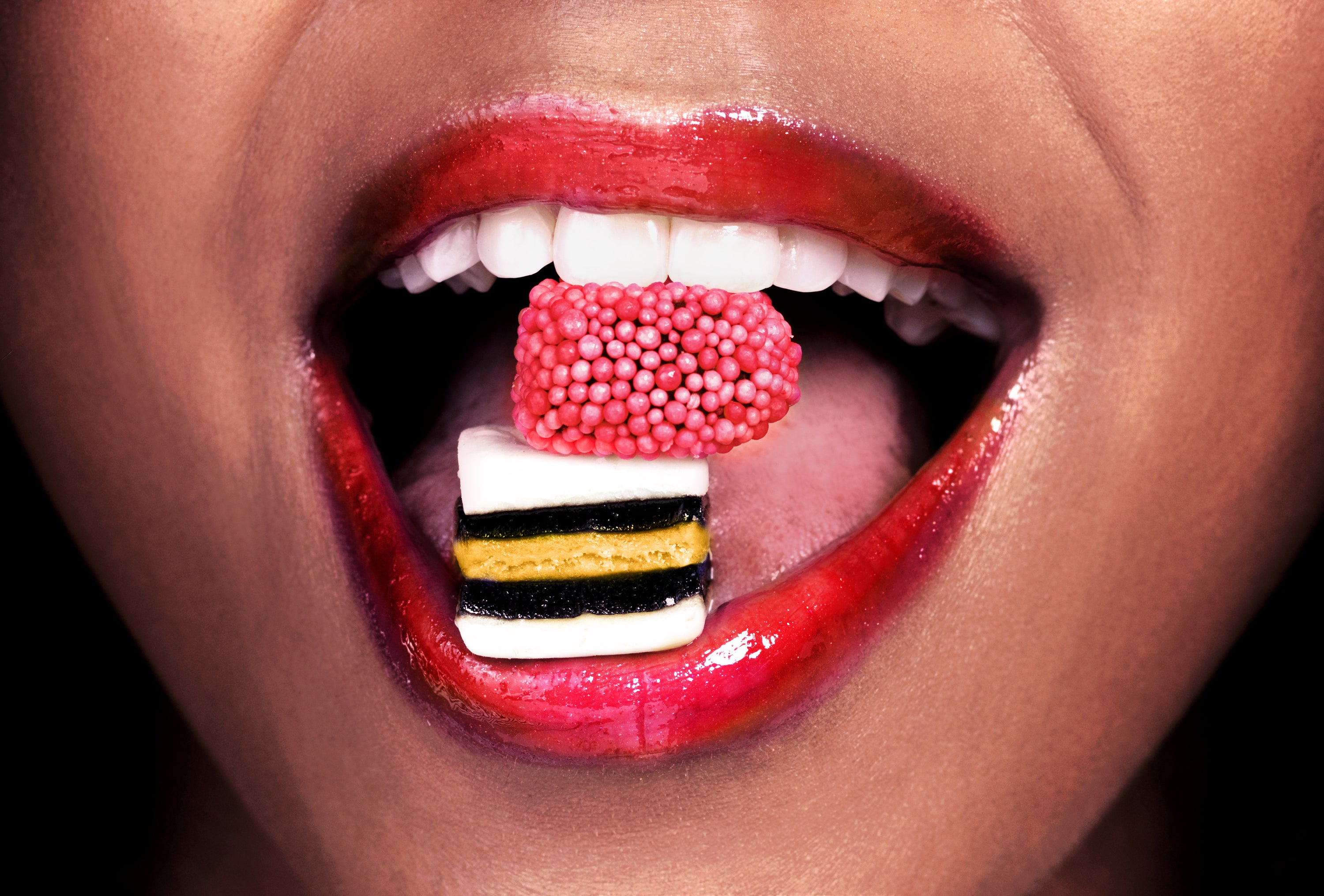Sugar and dental health

Sugar is a common ingredient found in many foods and beverages, but what effect does it have on dental health? Let's explore the relationship between sugar consumption and oral hygiene.
How does sugar contribute to tooth decay?
When sugar is consumed, it interacts with bacteria in the mouth to produce acids. These acids can erode the enamel on teeth, leading to cavities and decay over time. The more frequently sugar is consumed, the more opportunities bacteria have to create harmful acids.
What are the best practices for reducing sugar intake?
Limiting the consumption of sugary foods and drinks can help protect dental health. Opt for water or unsweetened beverages instead of sugary sodas, and choose snacks that are low in added sugars. Brushing and flossing regularly can also help remove sugar and bacteria from the teeth.
What are the long-term effects of sugar on dental health?
Over time, consistent consumption of sugar can lead to a variety of oral health issues, including cavities, gum disease, and tooth loss. These conditions can be painful, costly to treat, and may require extensive dental work to repair.
By understanding the impact of sugar on dental health and taking steps to reduce sugar intake, individuals can help protect their teeth and gums from the harmful effects of sugar. Maintaining good oral hygiene practices and visiting the dentist regularly can also help prevent and address any issues that may arise.








